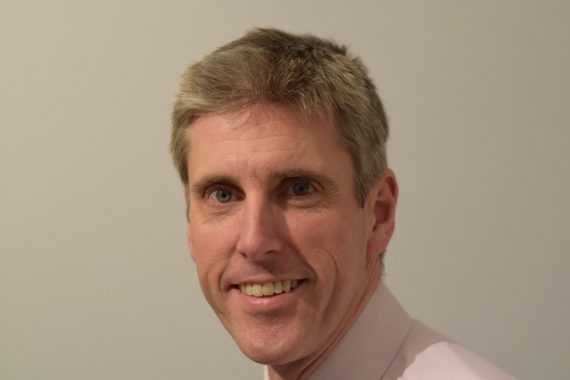Workforce fatigue is one of the biggest challenges for us, both personally as well as collectively in our PCNs. We’ve, understandably, heard a lot about this in the past year, with the extraordinary challenges our teams have faced, but this issue was present before Covid, and the past year has just exacerbated it.
We’re all familiar with the long term challenges; an increasing core general practice workload, shifting services from secondary to primary care, increased opening hours, and hence our own working hours through extended hours, and improved access, all in the face of workforce shortages.
The past year has just amplified this. Covid created additional specific pressures. The need to rapidly assimilate new information, learning about how to manage a new and evolving condition, working differently through remote consultations via a number of media, and the challenges of having to manage and hold more risk in primary care have all created significant additional pressures for our staff. Change itself is a significant stressor, and we’ve certainly had plenty of that.
Then there are also the less clinical factors, such as facing our own fears of illness, considering our mortality, seeing our colleagues who may be ill, juggling our home life, and schooling – or home-schooling – and the myriad of other social challenges that everyone’s faced this year.
Cumulatively this has taken a significant toll. I’m forever in awe of our teams across the PCNs, from administrative staff, receptionists, managers, doctors, nurses, HCAs, cleaning staff and all our PCN ARRS staff who, despite all this, have continued to step up day after day. This continues with the relentless push of Covid vaccination, and the ever-present threat of a resurgence of Covid itself.
The question I regularly ask myself is how long can this go on? What is the tolerance point of us, and out teams to this relentless pressure? Trying to balance fulfilling the needs of our patients and the needs of the system, with the capabilities within the PCN is crucial. None of us want to hit the breaking point, and find either ourselves or our staff becoming ill from burnout. Indeed we want a content and motivated workforce to reduce the chance of staff leaving, and therefore exacerbating the pressures with an declining spiral of increased workload and pressure on remaining staff.
Ultimately, managing this will be multi-faceted. Good leadership within PCNs, understanding our staff, and how each individual is coping, managing staffing levels and managing what workloads we take on as PCNs to achievable levels is important. Promoting and facilitating wellbeing for individuals and teams should be a high priority, for us, and the wider system, and there will be many examples of wellbeing and resilience programmes; our PCN has ranged from a more formal clinical forum to allow peer support, to other examples, such as a sunflower growing competition to promote staff wellbeing.
Leadership above the PCN level is also vital, both at regional and national levels. We know support at this level can boost workforce wellbeing. Equally, we have seen recently how potentially detrimental messages that are perceived to ‘miss the mark’ can be on staff who then feel undervalued.
I think as we move forward with the relentless pace of change and service development that we’re seeing in our PCNs, we must spend more time focusing on staff wellbeing and recovery, or face the collapse of the system.
Dr Jeremy Carter is clinical director of Herne Bay PCN, Kent; executive partner at Park Surgery, Herne Bay; director of Herne Bay Health Care and on the Pulse PCN editorial advisory board
Pulse July survey
Take our July 2025 survey to potentially win £1.000 worth of tokens













‘…a sunflower growing competition to promote staff wellbeing… Remarkable smile and remarkable optimism?
How do people find time to write this guff-there’s nothing new here apart from the ”sunflower growing competition” which is a new one on me—-something to bear in mind when we’re, you know, stressed out.
Like many of my colleagues I received even more bilge from the G.M.C. today—- thanking me for all the hard work I’ve done during the last 15 months, when in fact I’ve done zilch due to the obstructive bureaucracy
On top of that we learn that Professor Gerada has taken time out from accepting gongs to accepting the chair of the R.C.G.Ps
Meanwhile my practice is still contributing to the Local Rag about these challenging times.—- It’s all too exhausting
I grew a red sunflower. It manifested so much.
70 million “patients” – I’d call them personalities at times – further accessible 9 billion on planet Earth.
Free.
No quibbles. Complaints encouraged. Makes burnout sense.
BUT – on a good note, I learnt the RCGP has an “overdiagnosis” working group set up in 2014. Glad those SMART learning points have been implemented.